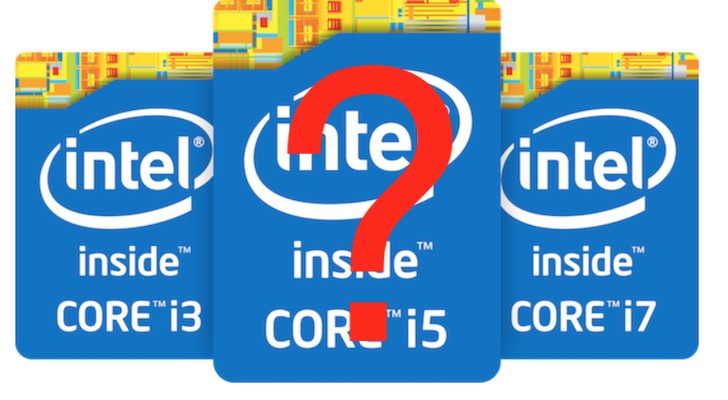Apple (NASDAQ:AAPL) has been selling Mac computers powered by Intel (NASDAQ:INTC) processors since 2006. However, in recent years the partnership hasn’t been as advantageous for Apple as it once was. At the same time, AAPL has proven that designing its own custom, ARM-based chips for iOS devices has big benefits. A noted Apple analyst is predicting Apple will release an ARM-based Mac as soon as 2020, ditching Intel. This follows a report in Bloomberg earlier this year, with similar claims.
It could be nothing, but where there’s smoke there is often fire.
Report: ARM-Based Mac Could Arrive By 2020
Apple analyst Ming-Chi Kuo has a reputation for getting things right when it comes to forecasting the company’s moves. He has just released an investor note (reported in 9to5 Mac) predicting that Apple will begin to ditch Intel CPUs in favor of its own ARM-based chips for Mac computers, starting in 2020.
Kuo’s note echos a similar report published by Bloomberg in April. In it, Bloomberg detailed several AAPL projects aimed at making all Apple devices work seamlessly together, along with a platform to run iOS apps on Macs. With a claim that Apple would move from Intel processors to ARM-based Macs starting in 2020, the report hit Intel stock hard at the time of publication, with INTC taking a 9.2% hit at one point.
If Kuo and Bloomberg are right, that’s obviously going to be bad news for Intel. AAPL is estimated to account for roughly 5% of INTC’s income, although some of that revenue is from the Intel modems now in iPhones — given Apple’s spat with Qualcomm (NASDAQ:QCOM), that
revenue stream at least should be safe.
Why Would Apple Ditch Intel?
Apple announced it was transitioning its Mac computers from PowerPC processors to Intel chips in 2005. The first Intel-based Macs arrived in 2006, and Apple has done pretty well with its computers since then.
However, Apple is at the mercy of Intel’s processor release schedule. In recent years, that dependence has been blamed for delaying the release of new Macs. While AAPL has the advantage over other PC makers of completely controlling the operating system that powers its computers, the degree of optimization AAPL can offer is limited by the fact that it’s still using the same Intel processors as the competition.
AAPL has proven the advantages of pairing its own operating system with its own, custom designed ARM chips. Apple’s A-series processors have proven extremely successful in the iPhone and iPad, and let the company offer features and efficiencies that other smartphone makers — typically using Qualcomm Snapdragon mobile CPUs — aren’t able to match. The company has already taken the first step toward bringing its own chips to Macs, with an ARM processor powering the Touch Bar on the MacBook Pro.
With an ARM-based Mac, Apple could boost Mac sales against Windows rivals by leveraging complete control of the hardware and operating system the way it has done with the iPhone.
There is also potential to make Mac sales more profitable. While there are licensing fees involved in using the ARM architecture and TSMC (NYSE:TSM) is expected to be tapped to manufacture the chips, Apple would still likely come out ahead compared to buying Intel processors. The cheapest Intel Core M mobile CPU — similar to those Apple uses in its $1,299 MacBook — currently sells for over $280. Apple obviously receives a volume discount from Intel, but considering the A-12 processor and modem combined in the iPhone XS Max are estimated to cost Apple $72, there’s probably room for Apple to save money by ditching Intel.
At the end of the day, iPhones dominate AAPL’s financials and remain the primary driver of Apple stock. But Mac sales are still the company’s third largest source of revenue (the Mac division reported $5.3 billion in revenue last quarter). The potential to boost the profitability of Mac computers and possibly even increase in sales — by cutting Intel out of the equation and going with custom ARM-based Mac PCs — is tough to dismiss.
As of this writing, Brad Moon did not hold a position in any of the aforementioned securities.

